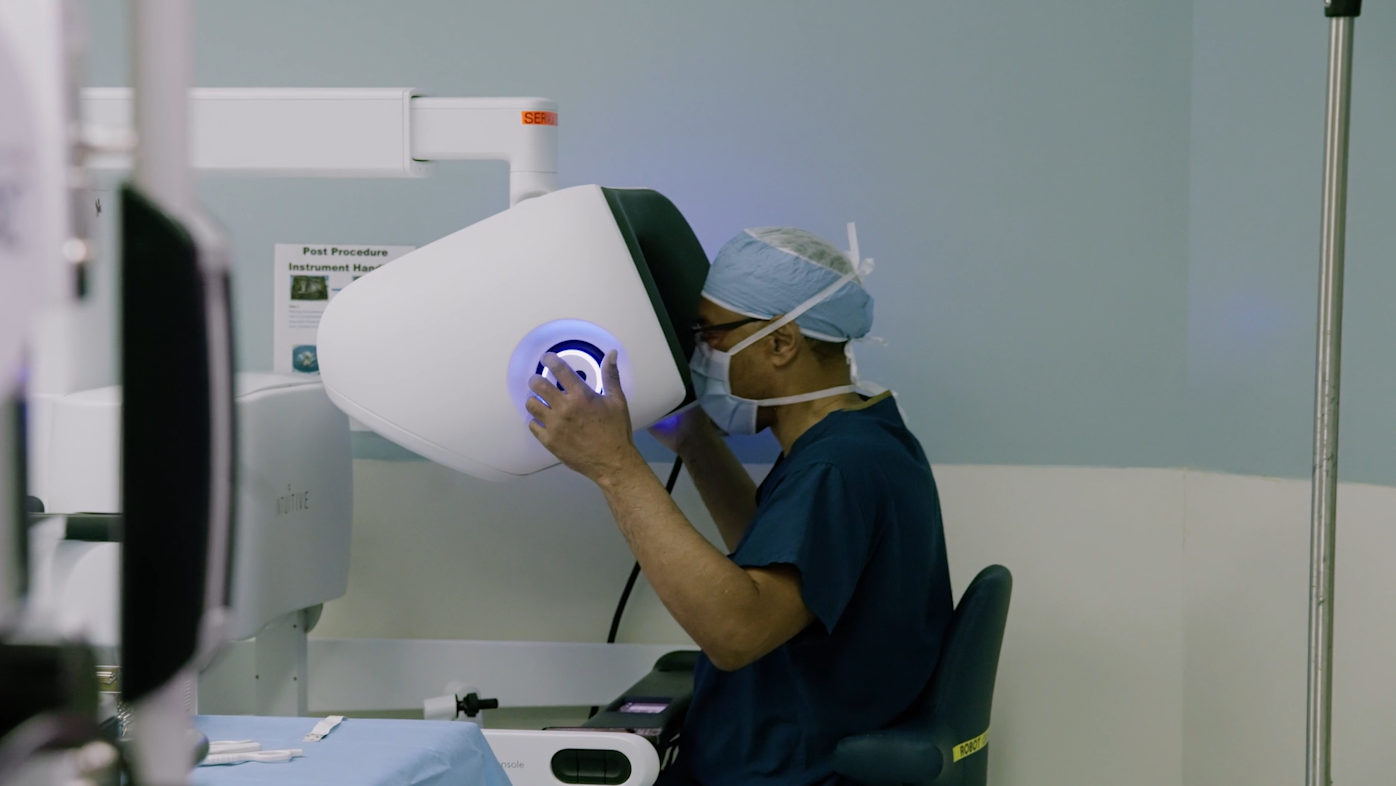
Robotic surgery reduces risk of pancreatic cancer
When David Jacks learned he had pancreatic cysts, he was treated with robotic surgery to reduce his risk of developing pancreatic cancer.
Have you ever had intense joint pain and swelling in your big toe, knuckle, ankle or elbow that seemed to come out of nowhere? If so, it may have been a gout attack.
Gout is a condition that causes sudden inflammatory arthritis. It is caused by excessive uric acid crystals that build up in the joints, body fluids and tissues. Normally, uric acid dissolves in the blood. It passes through the kidneys and out of the body in urine. But sometimes, uric acid can build up and form needle-like crystals, which can be very painful. The inflammation in those areas can linger for several days until you get treatment.
Gout symptoms can include pain, inflammation and redness of the affected joints. A gout attack — or flare up — can also include limited range of motion and extreme pain and tenderness, even to light touch or pressure.
Gout can come on suddenly, often at nighttime, and may seem a little scary. Knowing the symptoms and treatments for gout can help you feel prepared in the case of an attack.
Foods that can cause gout
According to Dr. Hans Crumpler, a SharpCare Medical Group board-certified family medicine physician affiliated with Sharp Grossmont Hospital, the uric acid crystals that can lead to gout are typically brought on by eating foods rich in purines. Purines are compounds found naturally in certain foods and within our bodies. Eating or drinking higher amounts of purine-rich foods, such as alcohol and seafood, can increase your risk of a gout attack.
Men are at higher risk of having gout attacks, Dr. Crumpler says, but it can occur in women too. While men are more likely to develop gout between ages 30 to 50, women can be at higher risk after menopause, when uric acid levels can increase.
What to do if you may be having a gout attack
According to Dr. Crumpler, getting a gout diagnosis relies on a medical exam. “It is important to get a prompt, thorough medical evaluation for any symptoms that affect the joints or cause acute inflammation,” says Dr. Crumpler.
This involves testing for the levels of uric acid in the blood stream or by pulling fluid from the affected area and evaluating the presence of uric acid crystals. Testing may include X-rays or an ultrasound to get an image of the affected joints.
While awaiting medical evaluation for possible gout attack, Dr. Crumpler recommends some simple self-treatments. These include applying warm compresses to the affected joints, keeping the joint elevated when possible, and avoiding pressure or tight clothing on the affected area.
Over-the-counter and prescription treatments for gout
After confirming what you’re experiencing is gout, there are a few different treatment options, usually focused on reducing swelling and decreasing pain. Commonly used medications for gout include NSAID’s or anti-inflammatories, such as over-the-counter ibuprofen and naproxen.
“Prescription anti-inflammatory medications such as indomethacin or colchicine can also be used for the acute portion of a gout attack,” says Dr. Crumpler.
There are also medications for gout prevention that block uric acid production or help the body to get rid of uric acid faster. These medications are only available by prescription. Talk with your doctor to decide which treatments are best for you.
Preventing a future gout attack
Changing your diet is a large part of preventing and avoiding gout. “Decreasing the amount of red meats, shellfish and alcohol you consume can have a major impact in preventing gout,” says Dr. Crumpler.
Additionally, low-fat dairy products may reduce your uric acid levels and risk of a gout attack, he says. They can also promote the elimination of uric acid in urine.
Losing weight can help prevent gout by reducing the amount of uric acid the body produces and the kidneys must process. Controlling your blood pressure, diabetes, heart and kidney diseases are other major ways you can prevent gout attacks if you are living with these conditions.
Talk with your doctor if you are concerned about your risk for gout. Together, you can identify measures to prevent it.
Our weekly email brings you the latest health tips, recipes and stories.